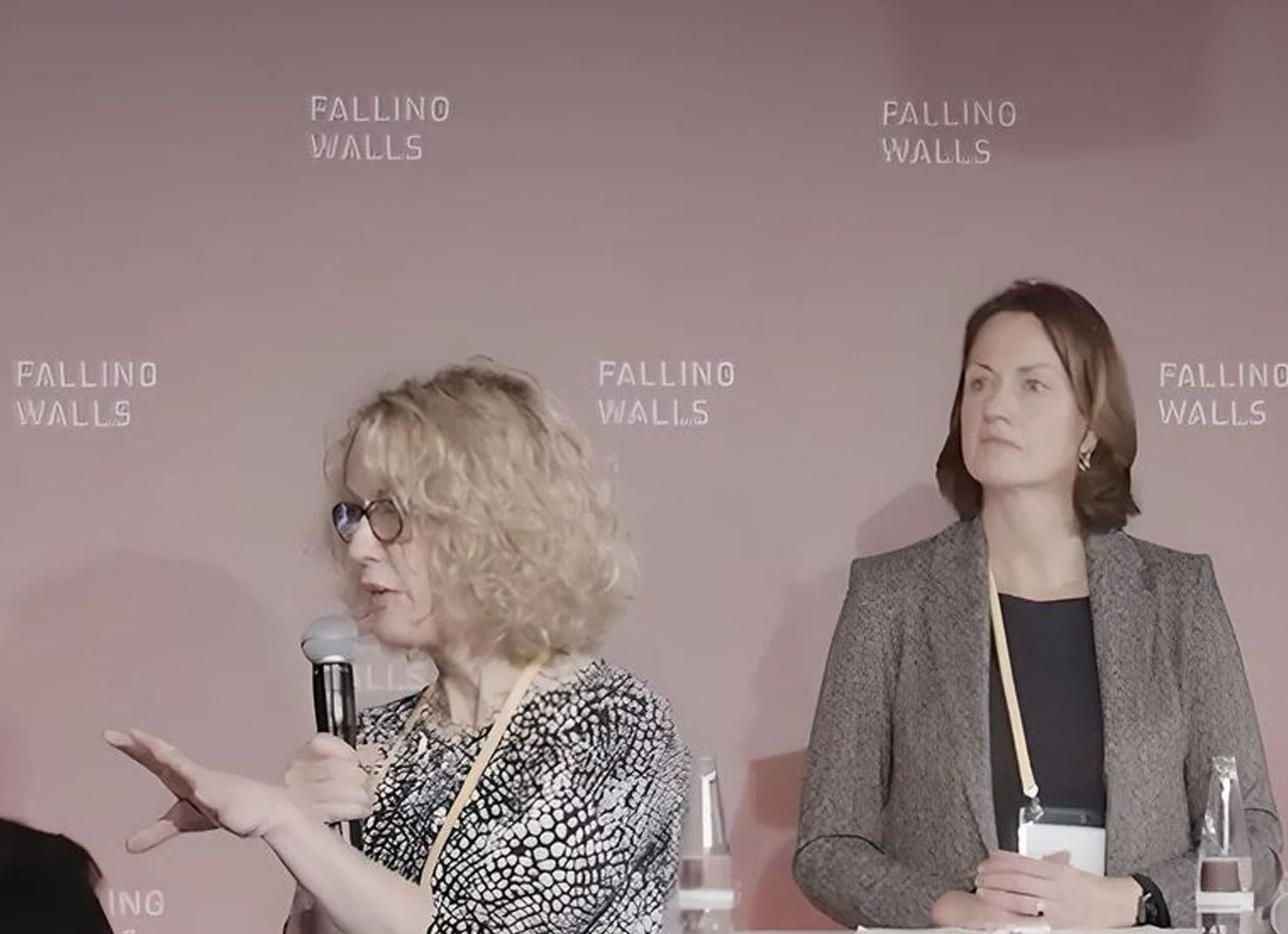
Confidence in Research: The Royal Holland Society for Sciences and Humanities roundtable
The Confidence in Research: Netherlands roundtable emphasized the importance of fostering trust between scientists and society through open dialogue and better communication.
Key points:
Engaging society: Scientists must listen to societal expectations and values, not just share information.
Effective communication: Provide meaningful facts and adapt language to connect with diverse audiences.
Collaborative solutions: Discussions on preprints, peer review, and translating research for broader audiences are vital to building trust.
The bottom line: Improving confidence in research requires ongoing dialogue, collaboration, and tailored communication strategies.
Confidence in Research: The Royal Holland Society for Sciences and Humanities roundtable
Watch now
|
Confidence in Research: The Royal Holland Society for Sciences and Humanities roundtable
Video transcript
Prof. Dr. Louise Gunning-Schepers, Chairperson KHMW: "Dear friends, a very warm welcome here in the Hodson House. My name is Louise Gunning and I chair the Royal Holland Society for Sciences and Humanities, who's hosting this meeting together with Elsevier."
Laura Hassink, Managing Director STM Journals, Elsevier: "It's an honor to be here today and to be part of this first Confidence in Research roundtable in the Netherlands. And I'm thrilled that we've managed to bring together this esteemed group of experts to discuss the topic of confidence in research."
Dr Carlijn Bouten, Professor Biomedicaal Engineering at Eindhoven University of Technology: "The key takeaway that I have from this afternoon is that we as scientists should be amidst society, part of society, and listen to what society knows and expects of scientific processes of scientists. So we do not send information, but enter a dialogue to talk with society. So the overall tendency is that scientists should speak more about their work. I think they should speak in a better way. So I think it's important to provide facts that matter and not just a matter of facts and lots of facts.
"What we should realize is that the people that listen to us are very well informed. They have their own opinion, their own values, their own reason to listen to us or not listen to us. And if we neglect that we speak a different language, you speak like this and we never get into the dialogue. So first we need to come at equal level, at least about a topic we're speaking about and listen to each other and then we have a conversation. Otherwise we're sending and it's not received."
Dr. Eppo Bruins, Chairman of AWTI (Advisory council for science, technology and innovation): "I think it is important that we realize that science doing science is much more than just doing your research and that there are many aspects. And I think it's good that we recognize the various aspects of what a scientist should be able to. And of course people have various talents. So it's good that we recognize a certain talent in one person and a different talent in another person and that helps. Not everybody needs to be a science communicator."
Laura Hassink: "We also had a good discussion about kind of the role of preprints versus peer-reviewed articles and also what we as a publisher can do to make, for example, the distinction more clear to users of what they're reading, which again increases the trust in research, but also what we can do in terms of translating scientific articles for a broader audience.
"The overall, I think takeaway is that this is a super important topic and the solution on how to improve confidence in research, it's not an easy one. So it's one that needs to be on the agenda and one that we need to continue to discuss and really collectively try to find solutions for."